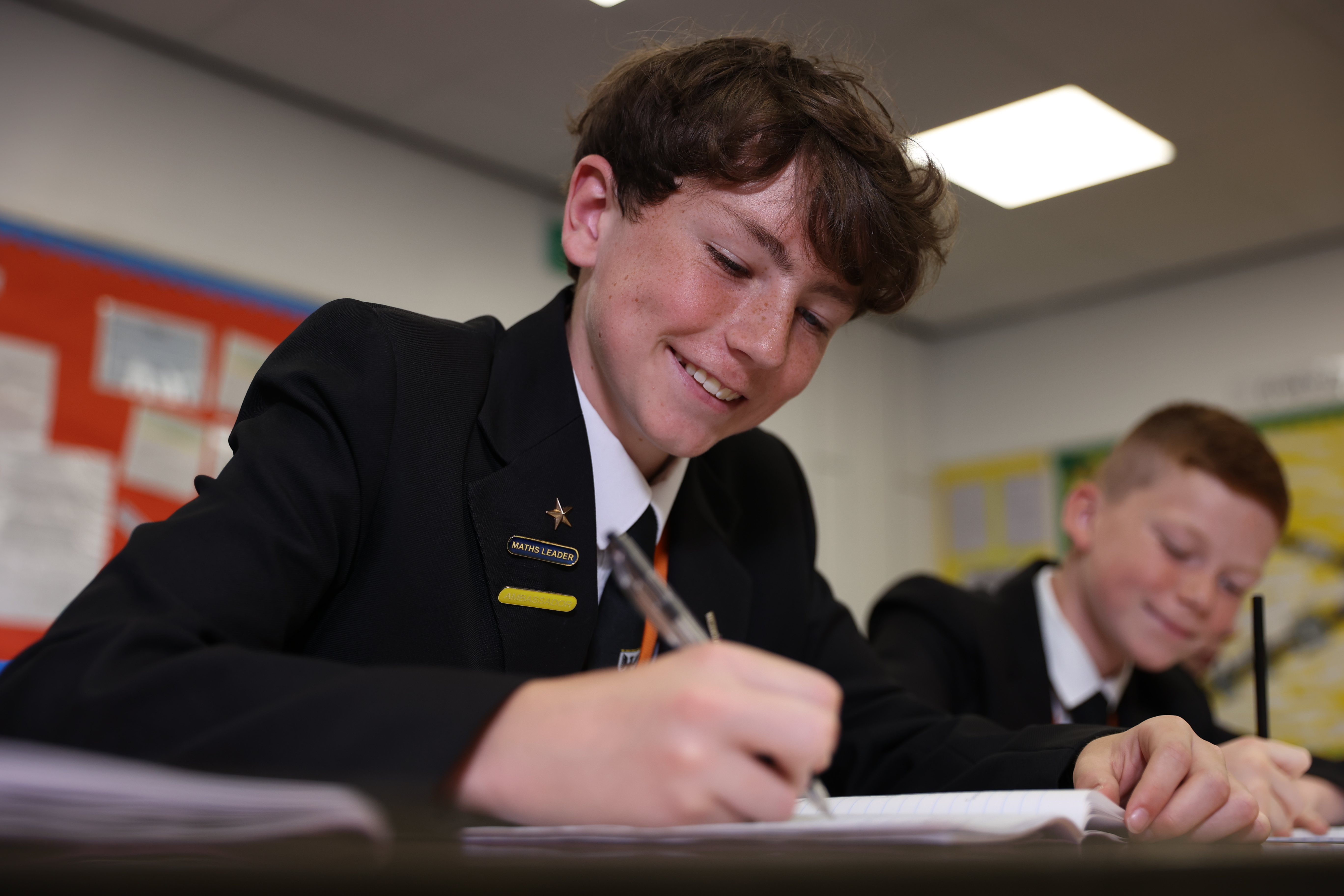
Gifted and Talented
What is meant by ‘Most Able’ and ‘Gifted and Talented’?
The terminology for this group of students is varied and changing. Over the years many terms have been used, often being grouped into ‘gifted and talented’ and more recently 'most able' (Ofsted).
The recent report ‘Educating the Highly Able’ produced by the Sutton Trust (July 2012) recommends the focus as far as schools are concerned, should be on those capable of excellence in school subjects, which the report terms as ‘highly able’.
The Ofsted School Inspection Handbook (June 2015) states that it is 'important to test the school’s response to individual needs by observing how well it helps all students to make progress and fulfil their potential' and that it may be relevant to focus on the achievement of 'the most able’.
Potential Plus (formally National Association for Gifted Children) has adopted the phrase ‘high learning potential’ to discuss this group of students.
Why is this necessary?
As with all schools, Humphrey Perkins has a responsibility to provide for all students, including those at different ends of the ability spectrum. Our 2013 Ofsted report, whilst rating us as 'Good', also pointed us in the direction of 'Outstanding'. In particular, it was noted that:
"The standards achieved could be higher still, especially for students with gifts and talents in particular subjects."
This is the driving force behind the Humphrey Perkins’ Gifted and Talented provision; the dual aim of all students being stretched to achieve their full potential and for students, parents and teachers to benefit from being associated with an 'Outstanding' school.
Who is on the list?
Typically, a child will have earned this status having either achieved exceedingly well in their Key Stage Two end-of-year tests, and/or through being among the top 10% of achievers in their year group. Students can be identified in either Primary or Secondary school.
What if my child is not on the list?
There are opportunities available for students across the ability spectrum, and when viewed holistically Humphrey Perkins is an inclusive environment for a diverse student body.
In the classroom
Any lesson being taught should ensure that all students are making progress, regardless of where they are on the spectrum of ability. At Humphrey Perkins, all students are challenged and encouraged and pushed to achieve their very best every day in the classroom. Teachers are adapting and delivering lessons and resources based on their knowledge of the needs of the individual, and this is as applicable to a child identified as ‘Most Able’ as it is for a child who is identified as having ‘Special Educational Needs’. Curriculum Team Leaders are responsible for ensuring that this provision is robust and relevant in their departments.
Beyond the classroom
Humphrey Perkins provides an area of opportunity away from the constraints of the curriculum: speakers, lectures, seminars, workshops and educational trips. The school has strong working relationships with universities, charities, museums, schools and other organisations that are all able to provide opportunities and experiences that enhance and enrich. These sessions are designed to widen the experiences of our students and open their minds to the wide range of chances and careers available to them.
Gifted and Talented Programme
Key Stage Three (Years 7 and 8)
- Trip to the National Science Museum in London
- Trip to the National Media Museum in Bradford
- Junior Maths Challenge
- Opportunity for undertaking a Mensa IQ Test
Key Stage Four (Years 9 and 10)
- Dynamic DNA Event at Leicester University
- Team Maths Challenge
- Intermediate Maths Challenge
- Trip to Bletchley Park, home of the Enigma machine
- Salters Chemistry Camps
- Cambridge University Experience
Across the school
- Class Band
- Regional and National Sporting Activities
- Leadership Opportunities
- Speakers for Schools
- Poetry workshop

